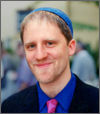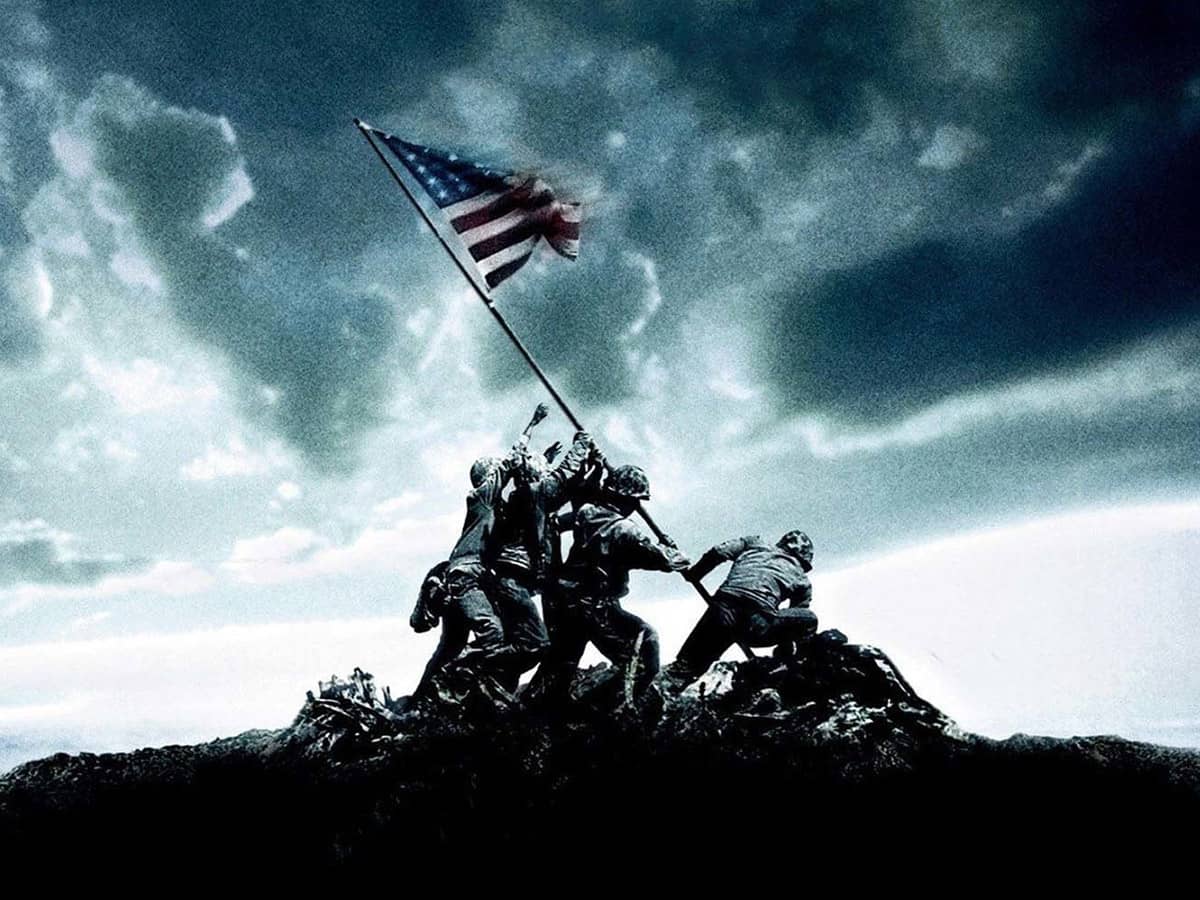"The Believer," directed by Henry Bean, is based on the true story of a young Jew with such strong hatred for his religion and identity that he joins a group of neo-Nazi skinheads, and begins committing hate crimes. Played brilliantly by Ryan Gosling, the movie's Danny Balint starts to feel nostalgia for Judaism while brutally desecrating a synagogue. Eventually, his true identity as a Jew is revealed, and he goes through a chaotic process of redemption.
"Trembling Before G-d" (Orthodox Jews consider the Hebrew word for "God" to be too sacred to spell out completely),  is a jarring documentary by 30-year-old first-time director Sandi Simcha DuBowski (pictured left) about Orthodox Jews who "come out" as gay and lesbians, as well as those still living in fear and secrecy. "Trembling" was shot over a period of five years in New York, Los Angeles, London, Miami, San Francisco, and Jerusalem.
is a jarring documentary by 30-year-old first-time director Sandi Simcha DuBowski (pictured left) about Orthodox Jews who "come out" as gay and lesbians, as well as those still living in fear and secrecy. "Trembling" was shot over a period of five years in New York, Los Angeles, London, Miami, San Francisco, and Jerusalem.
The film shows the life of openly gay Orthodox Jews, a seeming contradiction, given the strong wording of halakah (Jewish law), which calls for stern punishment, including death, for homosexual behavior. It features interviews with several Orthodox rabbis, most of whom, though sympathetic to the condition and reality of homosexuality, continue to condemn it and recommend counseling or celibacy for gays.
DuBowski, in other words, is not one to shy from controversy. Nor is Steve Greenberg, the rabbi who conducted Park City's Havdalah and author of "Of Wrestling With God and Men," a soon-to-be-released book on Judaism and homosexuality. DuBowski's film refers to him as "the world's first openly gay Orthodox rabbi." One rabbi in the film describes the openly gay Rabbi Greenberg as being equivalent to "a rabbi who eats cheeseburgers on Shabbat."
During the hour-long candlelit ceremony that preceded a screening of the film, Rabbi Greenberg explained the meaning of Shabbat and explained, "Shabbat is a time where we lose all distinctions and become a unified, classless world. What Havdalah does is bring us back into a world of distinctions--man and woman, Jewish and non-Jewish, gay and straight. Distinctions are necessary in our world. But just as easily as we make those distinctions, we must be prepared to erase them."
Greenberg counters his detractors by saying that the idea of "covenant"--of an open dialogue between God and man--is fundamental to Judaism, and that Jewish laws necessitate interpretation and negotiation with the Creator.
The final weekend of Sundance, DuBowski arranged a lesbian and gay Jewish-Mormon dialogue, that threatened to set off tempers among locals in strongly Mormon Utah. But DuBowski says, "When I talked to Mormons here who told me their stories about coming out, I just thought, 'This is my life story.' There are amazing parallels between all these faiths. I had a Muslim man from Pakistan come up and hug me at the Havdalah, and he just wouldn't let go."
"Trembling" and "Believer" weren't the only films to deal with religion and spirituality. "Diary of a City Priest," starring David Morse ("Dancer in the Dark" and "The Green Mile"), spins a soulful tale of an exhausted priest struggling in an urban wasteland in North Philadelphia. The film is based on the actual diary of Father John McNamee, who in fact baptized the director, Eugene Martin, as a child. In the film, saints descend from the old church's stained glass windows to give Father McNamee (often comedic) advice and reassurance. Unfortunately, the sometimes hollow "Diary" occasionally descends to the level of an episode of "Seventh Heaven."
But director Richard Linklater ("Slacker" and "The Newton Boys") did not disappoint with his wildly philosophical animated film "Waking Life." Starring Ethan Hawke, Julie Delpy, and several non-actors (who were animated using a computer technique called "rotoscoping," which allows "painting" over actual video footage), "Waking Life" was made in Austin, Texas--Linklater's hometown. It follows Wiley Wiggins--you might remember him as the skinny kid in Linklater's "Dazed and Confused"--as he consults with ghosts and gurus on a bizarre journey into the afterlife. The film searches for meaning in life and death, delving into issues like existentialism, the Bible's book of Acts, "holy moments," and Aristotelian notions of free will.
The level of religious discussion at Sundance this year is becoming less remarkable; religion, it seems, can surface anywhere these days. In what will be remembered as one of the biggest hits of Sundance 2001, "Hedwig and the Angry Inch"--a film version of the Off-Broadway rock musical about an East German transsexual--a young man asks Hedwig, "Have you accepted Jesus as your personal savior?" "No," Hedwig quips. "But I love His work."

